
India has always been scientifically advanced during ancient to contemporary times. Stalwarts like APJ Abdul Kamal, Satyendra Nath Bose, are some of the famous scientists of India who contributed to that advancement. Evidence of this can be found in various historic Indian texts and manuscripts. Science is an indispensable part of our lives. Whether it be the small light bulb to big machines everything around us is a result of dynamic scientific inventions. Do you know many of these Scientific innovation are a curation of Indian scientists? Here is an exclusive blog that will take you through the lives of the greatest scientists of all time
“For, each man can do best and excel in only that thing of which he is passionately fond, in which he believes, as I do, that he can do it, that he is born and destined to do it.” – Homi J Bhabha
Indian Scientists Who Changed The World
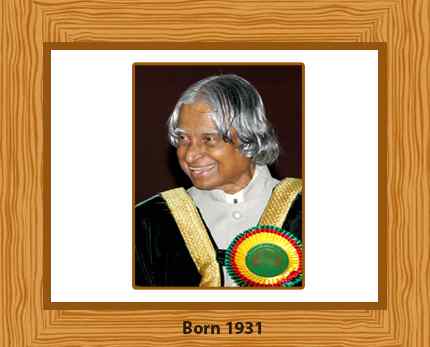
APJ Abdul Kalam: Born in Rameswaram, Tamil Nadu on the 15th of October 1931, Avul Pakir Jainulabdeen Abdul Kalam was one of the famous scientists of India. He served as India’s president between 2002 to 2007. He started his career as an aerospace engineer in the Defence Research and Development Organisation (DRDO), where he designed helicopters for the Indian Army. he was transferred to the Indian Space Research Organisation (ISRO) in 1969, where he was the project director of SLV- III, India’s first Satellite Launch Vehicle which was successful in deploying the satellite Rohini in the near-earth orbit in 1980. Under his leadership, India saw rapid development in missile production and nuclear weapons programs. APJ Abdul Kalam, India’s Missile Man died on the 27th of July, 2015.
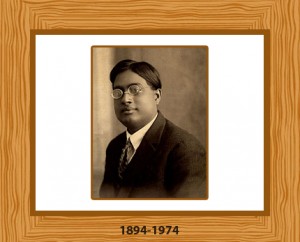
Satyendranath Bose: Best known for his collaboration with Albert Einstein for the development of the foundation of the Bose-Einstein statistics and his work on quantum mechanics, Satyendranath Bose was an eminent Indian scientist, physicist, and mathematician. He was born on the 1st of January, 1894 in Calcutta (Kolkata), West Bengal. He was a fellow of the Royal Society of London and was also awarded the Padma Vibhushan (the second-highest civilian award in India) by the government of India in 1954. Visva-Parichay, the only book by Rabindranath Tagore on science, was dedicated to him in 1937. The eminent physicist Paul Dirac named a class of particles that followed the bose- einstein’s statistics as bosons after the name of this eminent scientist. Satyendranath Bose died on the 4th of February, 1974.
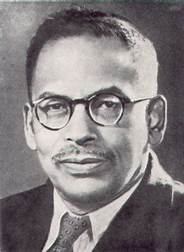
Meghnad Saha: Among the most famous scientists of India and astrophysicists, Meghnad Saha was born on the 6th of October, 1893 in Shaoratoli, a village near Dhaka (present-day Bangladesh) which was then part of the Bengal Presidency. He developed the Saha Ionization equation, which is one of the basic tools for interpreting the physical and chemical conditions in stars. He also invented an instrument for measuring the pressure and weight of solar rays. Known as the chief architect of river planning in India, the original plan of the Damodar Valley Project was prepared by him. An eminent scientist, he was the founder and editor of the journal Science and Culture. In 1943, the Saha Institute of Nuclear Physics in Kolkata was founded in his name. He died on the 16th of February, 1956 in New Delhi.
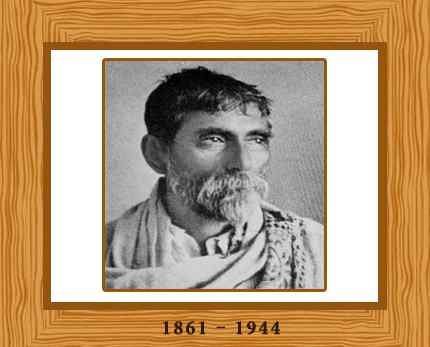
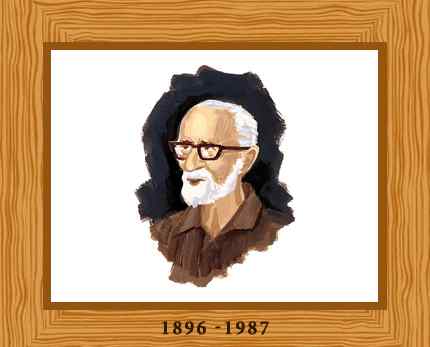
Salim Ali: Popular as the Birdman of India, Salim Moizuddin Abdul Ali was born on the 12th of November, 1896 in Bombay, Maharashtra. A naturalist and ornithologist, Salim Ali was the first Indian who conducted systematic surveys on birds across India. He played an important role in the establishment of the Bharatpur bird sanctuary, along with contributing to the development of the Bombay Natural History Society which made him one of the most profound Indian scientists. For his contributions, the Indian Government awarded him with the Padma Bhushan and the Padma Vibhushan in 1958 and 1976 respectively. He wrote the ten-volume Handbook of the Birds of India and Pakistan in association with the American ornithologist, Sidney Dillon Ripley. Salim Ali died on the 20 of June 1987.

Homi Jehangir Bhabha: Popularly known as the father of the Indian nuclear program, Homi Jehangir Bhabha was born on the 30th of October, 1909. An eminent nuclear physicist, he played the key role in convincing the senior party leaders of the Congress, especially Jawaharlal Nehru to start an ambitious nuclear program in India. He established the Tata Institute of Fundamental Research in Bombay in 1945 and the Atomic Energy Commission in 1948, also serving as the chairman of the latter. Homi Bhaba died in a plane crash while on the way to Austria on the 24th of January, 1966.
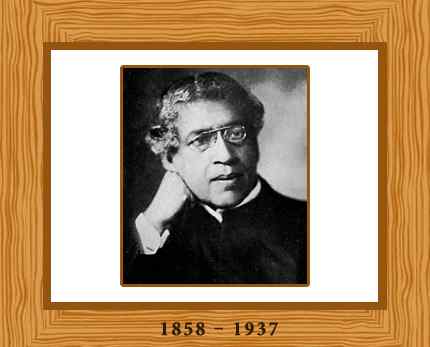
Jagadish Chandra Bosh: Considered the father of Bengali science fiction, Jagadish Chandra Bose was born in Mymensingh in the Bengal Presidency(in present-day Bangladesh) on 30th November 1858. His contributions to plant science are significant, such as the invention of the crescograph, a device that could measure the growth of plants. He also played a pioneering role in the investigation of radio and microwave optics. He was one of the few scientists who were opposed to patenting any of his inventions. J. C. Bose died on 23rd November 1937.
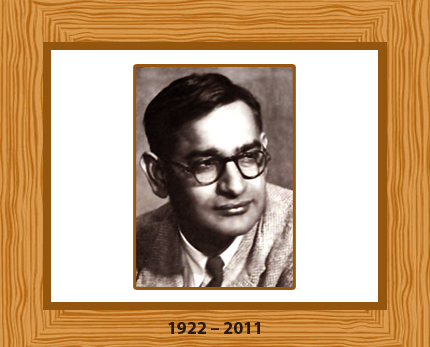
Har Gobind Khurana: Har Gobind Khurana is an awarded Indian scientist. He was awarded the Nobel Prize in 1968. He worked around the concepts of biochemistry. He is famous for his contribution to demonstrating how the nucleotides in nucleic acids control the synthesis of protein.
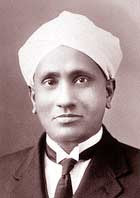
CV(Chandrasekhara Venkata Raman Raman): Chandrasekhara Venkata Raman was an eminent Indian physicist who had immense contributions in the field of light scattering. He was born on 7th November 1888 in Trichy, Tamil Nadu, and is best known for his discovery of the phenomenon of scattering of light which is famously known as the Raman effect. He was awarded the Nobel Prize in Physics for his work in 1930, making him the first Indian or Asian to receive the prize in any branch of science. He was honored with the highest civilian award by the government of India, the Bharat Ratna, in 1954. C.V. Raman died on 21st November 1970.
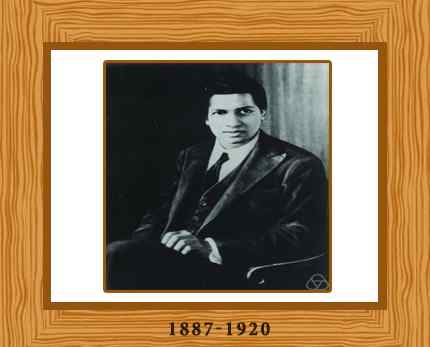
Srinivasa Ramanujan: Born on 22nd December 1887 in Tamil Nadu, Ramanujan was an eminent mathematician who had made significant contributions to mathematical analysis, infinite series, number theory, and continued fractions. An independent mathematician, he developed original and novel results such as the Ramanujan theta function, the Ramanujan prime, mock theta functions, partition formulae, etc. A scientific journal was established to publish research in all the areas influenced by him, named The Ramanujan Journal. He was the first Indian to be elected a fellow of the Trinity College, Cambridge, and was one of the youngest fellows of the Royal Society. Ramanujan died on the 26th of April, 1920.
Indian Women Scientists:
Indian women have been a significant part of scientific research and invention in India. From medicine to astrophysics to nuclear research, Indian women have assisted in the evolution of science in India despite the prevalent obstacles in their paths. Let’s honor some of our most famous scientists in India:
- Janaki Ammal, Botanist
- Asima Chatterjee, Chemist
- Kalpana Chawla, Astronaut
- Rajeshwari Chatterjee, Scientist
- Anna Mani, Physicist
- Rohini Godbole, Physicist
- Ritu Karidhal, Scientist
- Charusita Chakravarty, Scientist
- Darshan Ranganathan, Chemist
Indian Scientists who won the Noble prize:
Nobel Prize is widely regarded as the highest recognition of outstanding contributions to humanity. Conferred for the first time in 1901, it is an annual ceremony whereby this prestigious award is bestowed in different categories by Swedish and Norwegian institutions. These awards are conferred to distinguished persons for their humanitarian services in their respective fields. It is international recognition of their works:
- CV Raman
- Har Gobind Khorana
- Subrahmanyam Chandrasekhar
- Venkatraman Ramakrishnan
Hope this blog on eminent Indian scientists was able to bring forward some of the great contributions made by Indian scientists in various fields. For more informative blogs, follow us on Facebook, Youtube, Instagram, and LinkedIn.
Email us on:
contact us on:
Landline no:+911353558143
Mobile no:
+919808724448
Facebook id:
Linkedin id:
Website:
For any digital assistant please contact us :
